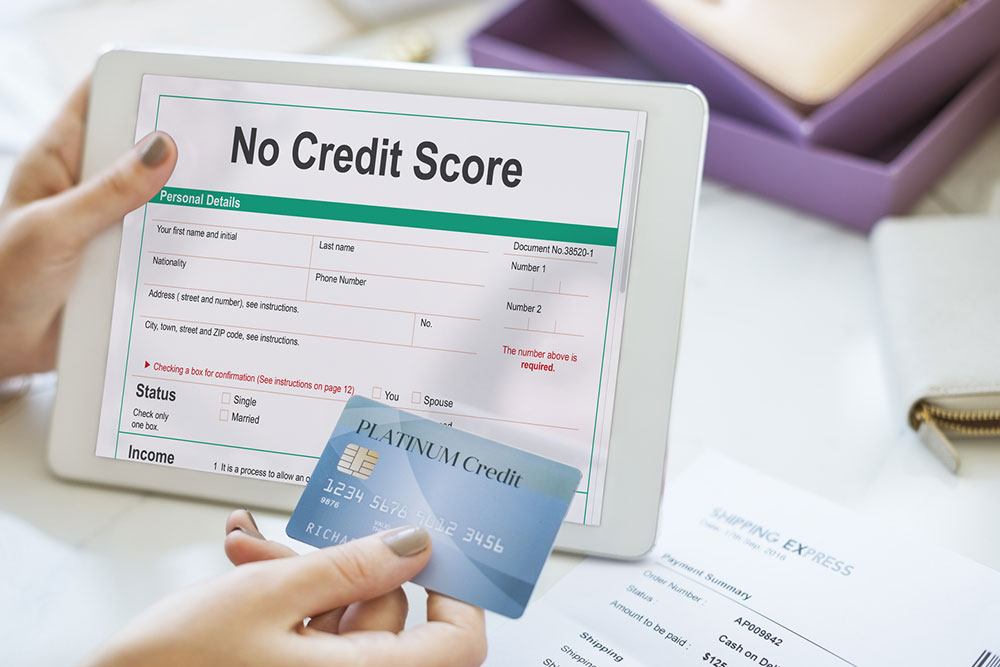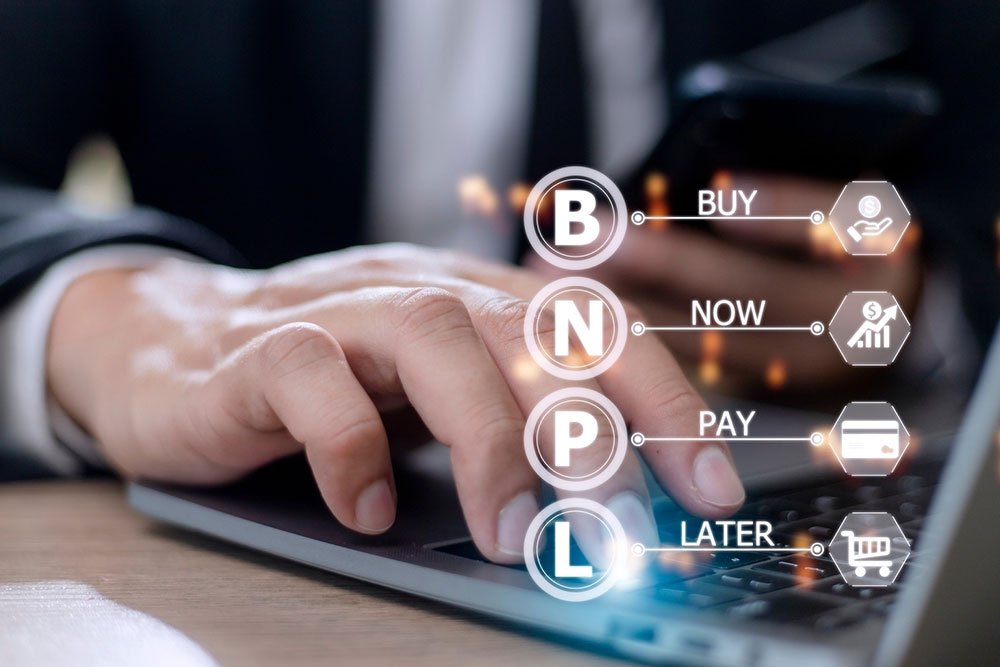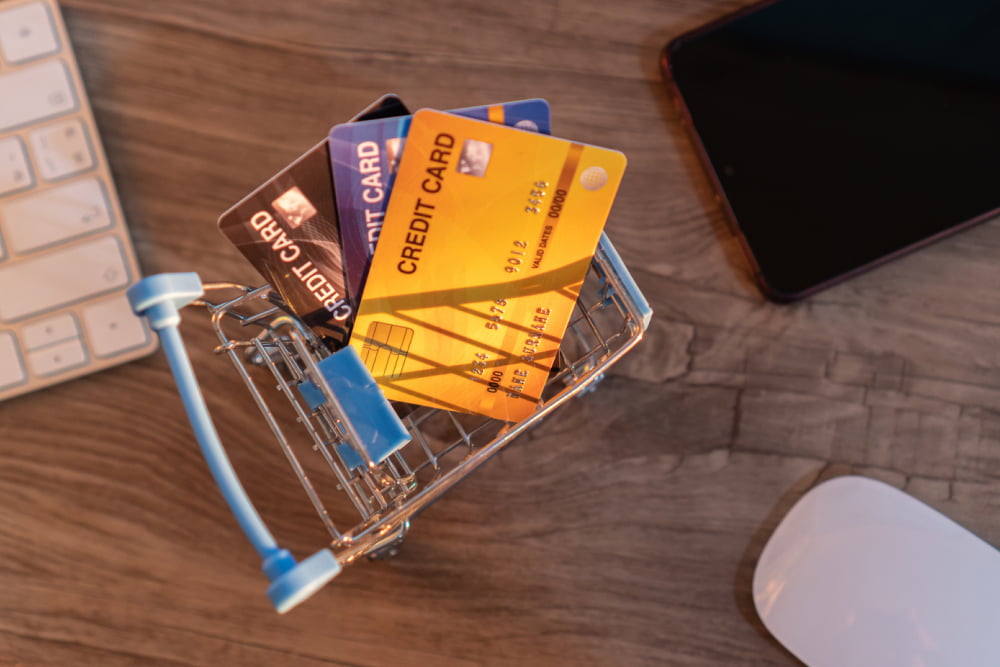4 personal loan mistakes to avoid with poor credit
Personal loans can help with various expenses, such as planning a vacation, further education, home renovation, or even health expenses. These loans can also aid in completing a renovation project instead of abandoning it halfway due to budgetary constraints. However, the loan application process can be daunting and may lead to mishaps that can prove costly later on. Check out some common mistakes to avoid, specifically those with poor credit scores. Not checking score Not checking the credit score before applying for loans is one of the most common loan application mistakes and can prove to be detrimental. It may be so that the credit reports have inaccuracies that further impact the individual’s credit score. So, before applying for a personal loan, checking credit reports for errors and verifying the score from one of the top credit bureaus is recommended. Applying to different lenders simultaneously Another practice that negatively impacts a person’s credit score is simultaneously applying to multiple loan vendors. When an individual submits multiple applications within a short period, it can damage their scores, especially if they are rejected. Each loan application is handled with proper credit checks that can result in temporarily lowered scores. Individuals can instead research beforehand and apply to lenders dealing with poor credit scores.
Read More 








